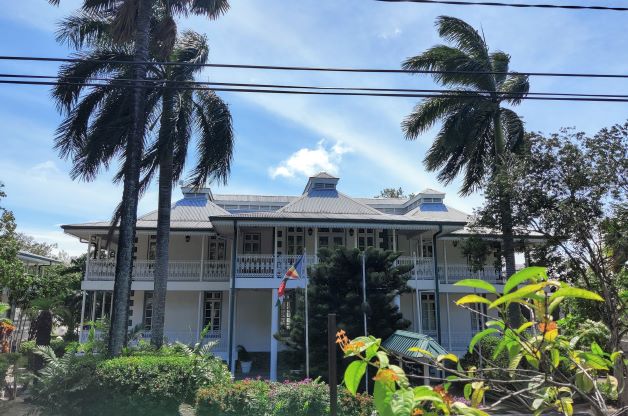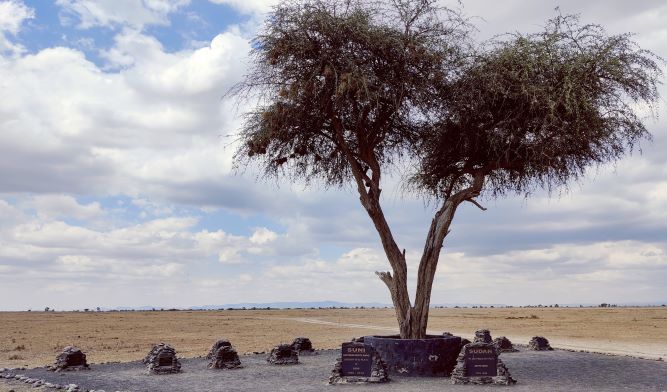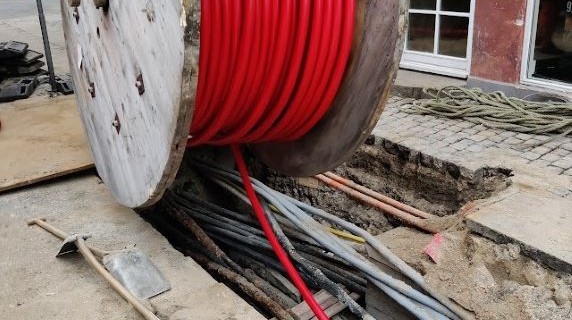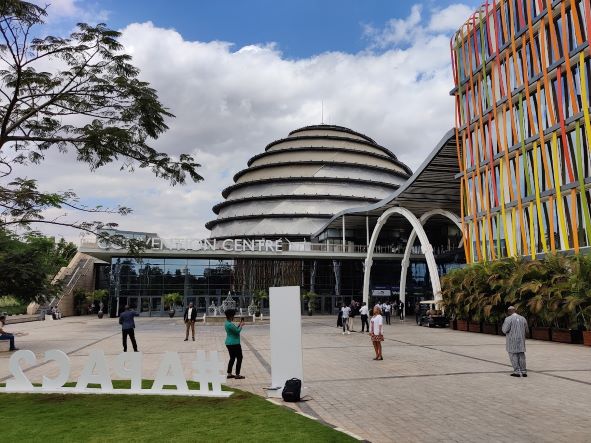As more and more geopolitical attention turns to the Western Indian Ocean, in a new commentary I explore the role of India in collective maritime security. I argue that India should continue on the course it charted last year in the UN Security Council: to work towards collective multilateral maritime security mechanisms on a regional and global level.
Event on maritime security in WIO
Today I had the opportunity to speak at an hybrid event organized by the Indian Ocean Commission and the Charles Telfair Centre on maritime security in the Western Indian Ocean (https://lnkd.in/dz2URFYP). The lively discussion revolved around issues of which maritime security issues to prioritized, whether regional institutions deliver, and how to interpret the new geopolitical thinking in the region.
In my comments, I drew on our recent analysis, published in African Security Review, coauthored with Jan Stockbruegger (https://lnkd.in/d2KXBj24). My key take away points from the event:
Continue readingNew Commentary on security in the Western Indian Ocean
In early 2022 a subtle, but substantial shift took place in the Western Indian Ocean’s security architecture: The Contact Group on Piracy off the Coast of Somalia (known as CGPCS) closed shop. It was replaced by a new format. Yet, not much action followed. In a new commentary, I investigates the prospects of the new grouping. Running through four scenarios, I argue that the group is most likely going to become a sleeping beauty.
New maritime security strategy of UK released
Last year the UK government started a process to refresh its maritime security strategy. In what was an extensive process of consultations with governmental entities, but also academia, industry and civil society, as part of SafeSeas activities, we had a strong role in the process. This concerned in particular expertise on coordination, blue crimes, but also emerging issues, such as environmental security at sea, climate change and the importance of critical maritime infrastructures.
We wrote an article on the strategy work, held a number of meetings with the drafting team, and a larger expert workshop on the implementation of the strategy (documented here). Overall this presented a focused and impactful academic intervention and highlights how academics can bring reflexivity and a forward-looking attitude to a political process.
Work with ministry of foreign affairs of Seychelles
In spring this year the Contact Group on Piracy off the Coast of Somalia – a multilateral grouping I have been studying over the last decade – has changed its mandate and name. This week I met with representatives from Seychelles and the Indian Ocean Commission who are part of the strategy group of the Contact Group to discuss the future set up.

Together we worked on the draft of the final report of the strategy group and next steps. I had also the opportunity to visit the Regional Coordination Operations Centre in Seychelles and to learn about their upcoming activities.
Ecocide Memorials?
While travelling, one encounters quite some memorials; they commemorate battles, heroes, accidents or disasters. During my visit to Eastern Africa, I had recently the opportunity to visit the Genocide memorial in Kigali commemorating the 1994 Rwandan genocide, and the memorial of the 2013 Westgate shopping attack in Nairobi’s Karura Forrest. These are memorials of human catastrophes and sites of contemplating how to prevent similar events..
Yet, in the age of the anthropocene, also animals face horrendous catastrophes and entire species are dying out. How shall we commemorate them?

A recent visit to the Ol Pejeta conservancy brought me to an interesting site. The park has as one of its many attractions a rhino cemetery. The majority of rhinos buried at the site, fell victim to poachers. They were hunted down for their horns. It sends a powerful reminder of the tragic consequences of the poaching crisis.
But perhaps most important is another grave. The resting ground of Sudan, the last male of his species, the Northern White Rhino. It is the first ecocide memorial, I have been present at so far.

The 7 challenges of subsea cable security – Summary of our recent event
In June we held an expert workshop on subsea data cables and their security. The workshop summary is now published. Our key argument is that the new awareness and the growing expansion of the network implies a new era for cable security.

We discuss seven key challenges of the new era. This includes how to deal with the growing number of actors involved, how to use existing capabilities efficiently, develop new ones, but also how to handle the data from cable sensors.
Visit to Kigali
Over the last week I was visiting Kigali, the capital of Ruanda. As a first time visitor I was impressed by the beauty and tranquility of the city spread across several hills and valleys. Kigali is a rapidly modernizing city, with lots of interesting coffee roasteries, restaurants and bars. Contrary to Nairobi, life is calmer, and traffic manageable, and if you are ok with hills, it is a great and safe city to walk.
In Kigali, I was participating in the sidelines of the first African Protected Areas Congress (known as #APAC2020) organized by the International Union for Conservation and Nature in partnership with the Government of Rwanda and the African Wildlife Foundation. An estimated 2700 delegates participated in a week long discussion of how conservation efforts can be enhanced and what roles nature parks play in it.

Contacting me for research interviews
I recently received quite a lot of requests from researchers around the world for expert interviews on quite a diverse range of topics. Since I am always happy to support researchers across all career stages, I wanted to offer some guidance when and how it is useful for you to contact me, and when and how I am able to assist you in your request.
First of all keep in mind that every request takes some time out of my schedule. An interview itself takes at least two hours (that includes to agree on times, me thinking about your questions, and then the discussion in itself). It also takes time out of your research and writing schedule, so both of us have to be sure that it is productive.
Continue readingNew theme page on subsea data cables
Over the past three years, I have become quite passionate in understanding how the global subsea data cable network works, and what security and governance challenges it raises. In close collaboration with Tobias Liebetrau, we’ve been exploring the network as the case of a critical infrastructure, that is a socio-material entanglement. A new theme page on the SafeSeas website documents that work which has involved a range of partners.
The subsea cable network is also one of our case studies in the new Ocean Infrastructures Research Group. This will provide the opportunity to conduct further and more in-depth research on the network from a theorizing angle.